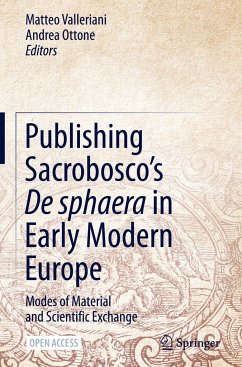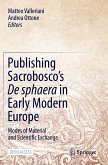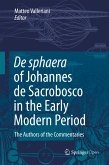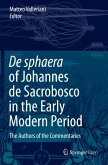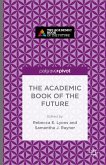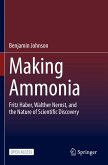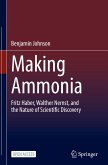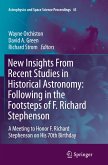This open access volume focuses on the cultural background of the pivotal transformations
of scientific knowledge in the early modern period.
It investigates the rich edition history of Johannes de Sacrobosco's Tractatus de sphaera,
by far the most widely disseminated textbook on geocentric cosmology, from the unique
standpoint of the many printers, publishers, and booksellers who steered this text from
manuscript to print culture, and in doing so transformed it into an established platform
of scientific learning. The corpus, constituted of 359 different editions featuring
Sacrobosco's treatise on cosmology and astronomy printed between 1472 and 1650,
represents the scientific European shared knowledge concerned with the cosmological
worldview of the early modern period until far after the publication of Copernicus' De
revolutionibus orbium coelestium in 1543.
The contributions to this volume show how the academic book trade influenced the
process of homogenization of scientific knowledge. They also describe the material
infrastructure through which such knowledge was disseminated, and thus define the
premises for the foundation of modern scientific communities.
of scientific knowledge in the early modern period.
It investigates the rich edition history of Johannes de Sacrobosco's Tractatus de sphaera,
by far the most widely disseminated textbook on geocentric cosmology, from the unique
standpoint of the many printers, publishers, and booksellers who steered this text from
manuscript to print culture, and in doing so transformed it into an established platform
of scientific learning. The corpus, constituted of 359 different editions featuring
Sacrobosco's treatise on cosmology and astronomy printed between 1472 and 1650,
represents the scientific European shared knowledge concerned with the cosmological
worldview of the early modern period until far after the publication of Copernicus' De
revolutionibus orbium coelestium in 1543.
The contributions to this volume show how the academic book trade influenced the
process of homogenization of scientific knowledge. They also describe the material
infrastructure through which such knowledge was disseminated, and thus define the
premises for the foundation of modern scientific communities.
"There is much in this collection that should interest historians of early modern science, as well as historians of early modern print culture and visual culture. This edited volume is part of a multiyear project at the Max Planck Institute for the History of Science ... . Written in the 13th-century in Paris, this slim text was taught in universities across Europe until the end of the 17th century." (Kathleen Crowther, Journal for the History of Astronomy, Vol. 54 (3), August, 2023)

